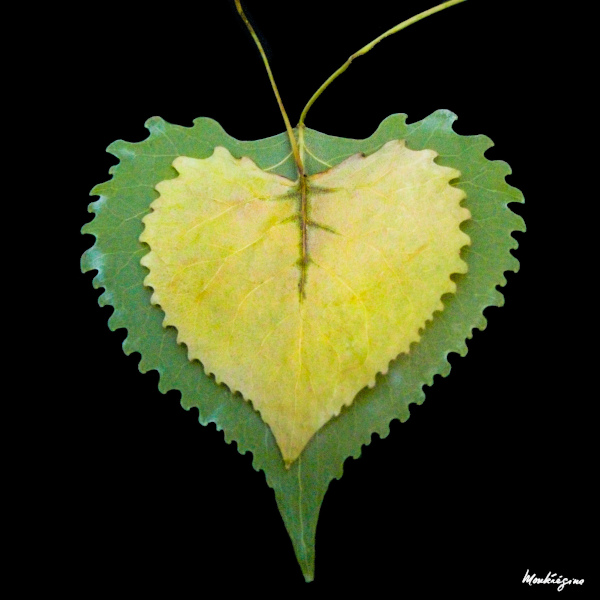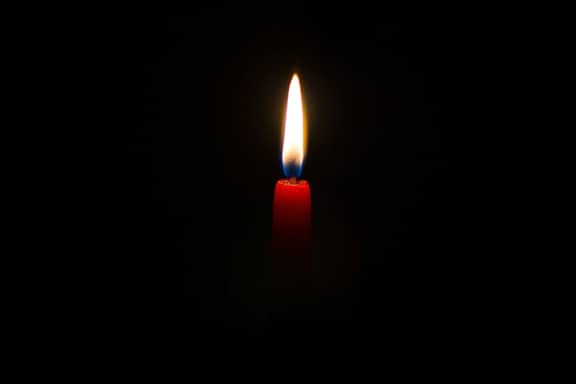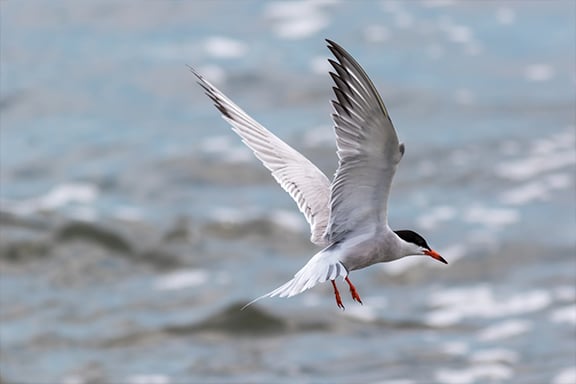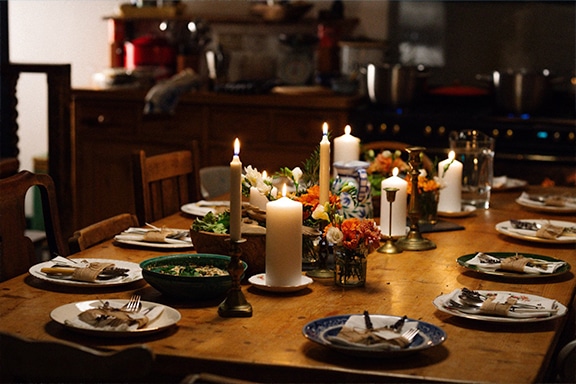Love hurts
Last week the BBC news featured climate change, highlighting the urgency and scale of the problem, the evidence of mounting temperatures, and the opportunity for the UK to lead the way as we host the next UN climate talks (COP26) in Glasgow in November. I found myself more than a little annoyed by the fact that this was presented as ‘news’ when those of us who read and write these blogs have been fully aware of these facts for many years. But of course I’m delighted that the BBC has declared this the ‘year of climate’ (Our Planet Matters) and wheeled out Sir (or should that be Saint?) David Attenborough to tell us that ‘We have been putting things off year by year… the moment of crisis has come… we can no longer prevaricate… we have to change.’
A friend of mine who has a brother living in Australia recently took the difficult decision never to fly to Australia again. ‘Love hurts’, she commented ruefully. Others will make different choices, for different reasons, but choose we must. When speaking of how the church is inter-dependent, Paul wrote, ‘If one part suffers, every part suffers with it; if one part is honoured, every part rejoices with it’ (1 Corinthians 12:26). Reading the recent update from our sisters and brothers in A Rocha Australia, and my Australian cousin’s emails describing choking smog, fear of evacuation, and anger at a government which fails to take responsibility, brings this home powerfully. Our actions do have an impact on the planet, the climate, and our global neighbours – human and non-human. In 2020, we cannot continue as normal; business as usual is not an option.
It is with some irony that I tell people that 2019 was the best year ever for Climate Stewards. We have seen a growth in our income of over 100%, as more churches, individuals, NGOs and missionary organizations look for ways to ‘reduce what they can and offset the rest’. While this is good news for our budget, and allows us to support communities in three continents affected by climate change, like many NGOs, we would rather not be needed.
Increasingly we are seeing people choosing to offset their historic carbon emissions (as featured in a recent Guardian article) and a rising awareness of the carbon footprint of our food, and how we can reduce this. As a result, our carbon calculator now has additional tabs to allow people to offset not just their travel and household energy, but their food and waste too. Soon we will launch a Church Carbon Calculator (to complement A Rocha UK’s Eco Church scheme), which will enable churches and other organizations to measure their overall carbon footprint, as a first step towards reducing it.
In human terms, the climate challenge of the next decade is enormous, and could prove insurmountable. Making sacrifices out of love for people and planet may indeed hurt, but the flip side is that climate action requires us to collaborate, share, slow down and enjoy the simpler things of life. ‘When we work together, beautiful things are possible’ is the theme of the Climate Coalition’s 2020 ‘Show the Love’ campaign. Perhaps this decade could bring more opportunities to spend time in nature and with our neighbours, to demonstrate that the gospel is indeed ‘good news’ for all of creation.
Featured image: Poplar leaves, by Monterégina (CC BY-NC-SA)
We are happy for our blogs to be used by third parties on condition that the author is cited and A Rocha International, arocha.org, is credited as the original source. We would be grateful if you could let us know if you have used our material, by emailing [email protected].





So pleased you have said this Caroline – it has to hurt!
“A friend of mine who has a brother living in Australia recently took the difficult decision never to fly to Australia again. ‘Love hurts’, she commented ruefully.” Sorry I must have missed something here. Why does she not want to fly to Australia again?